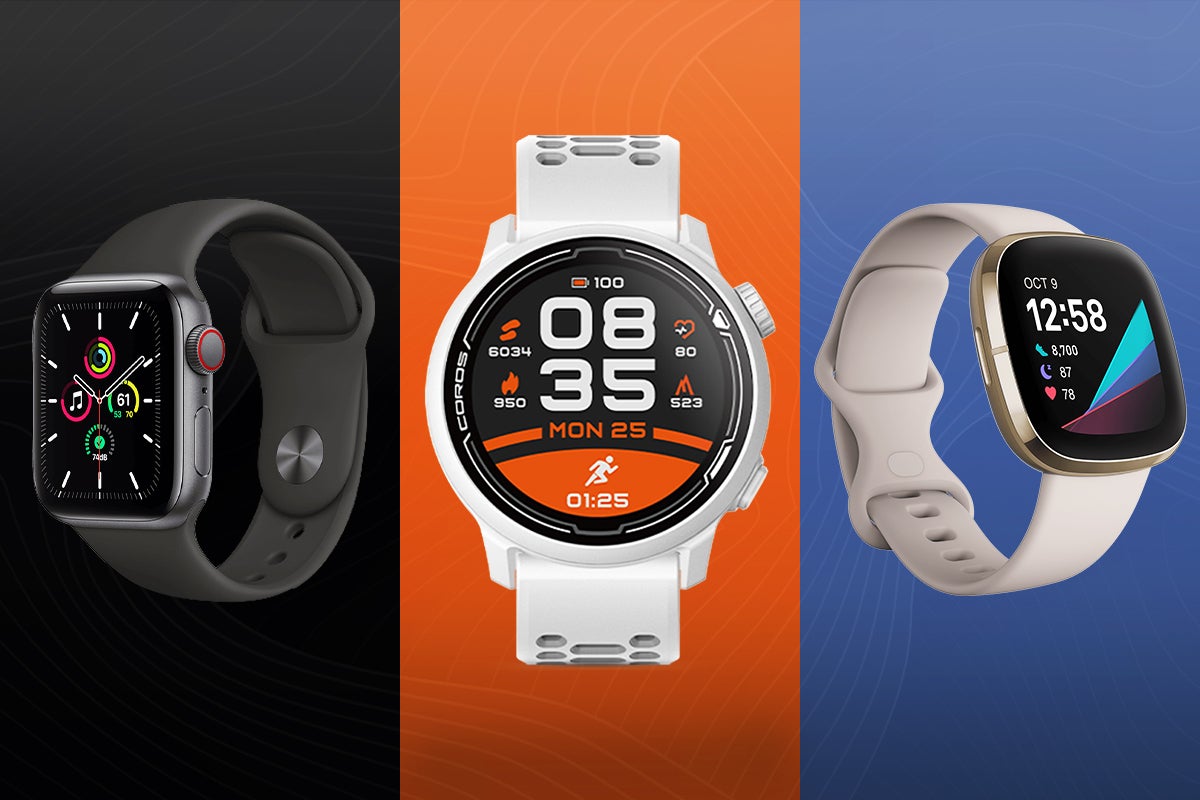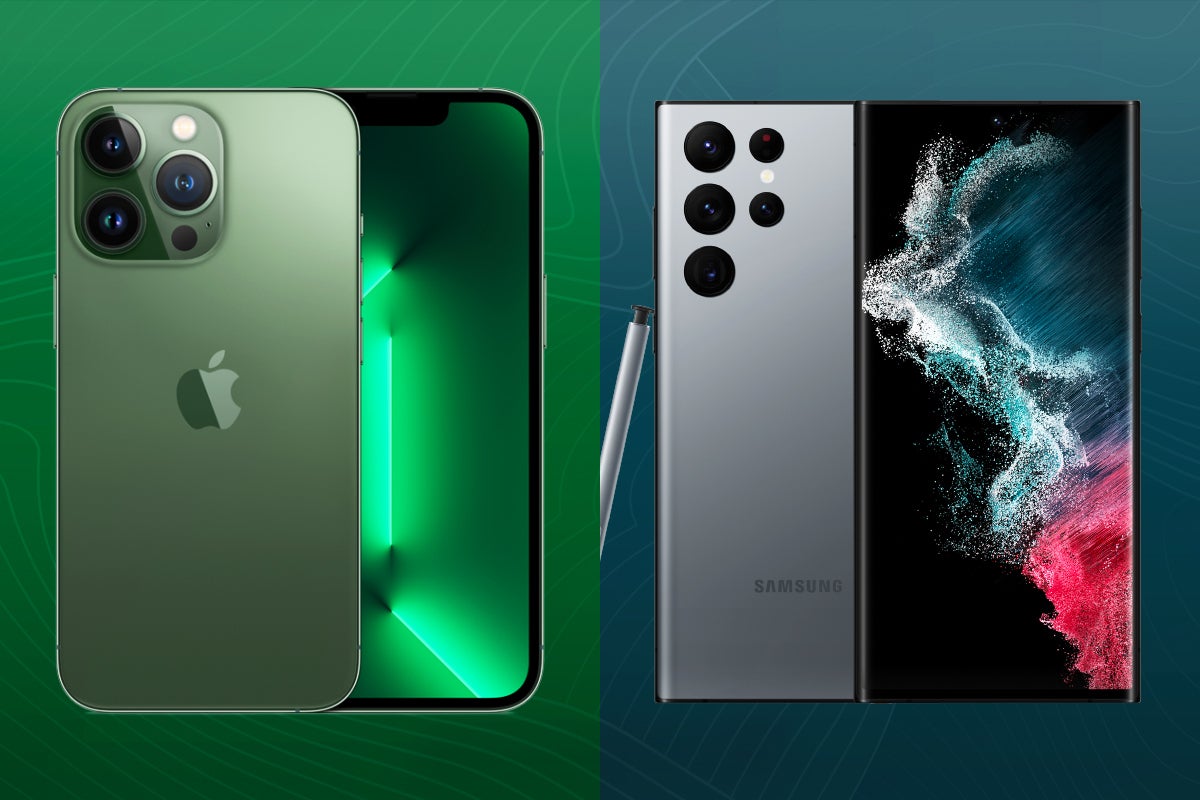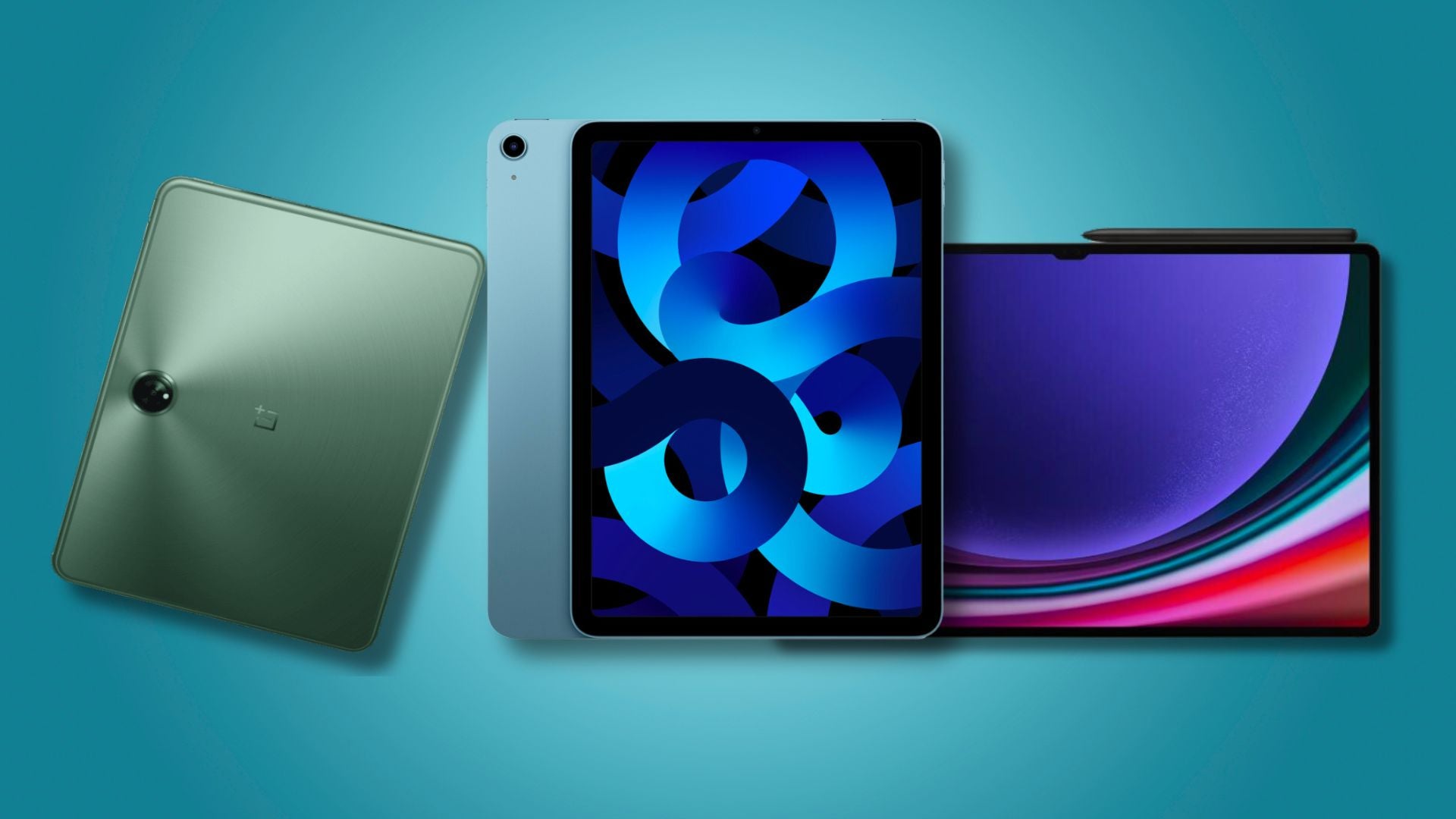Winners and Losers: MWC impresses while Fitbit catches heat over Ionic recall
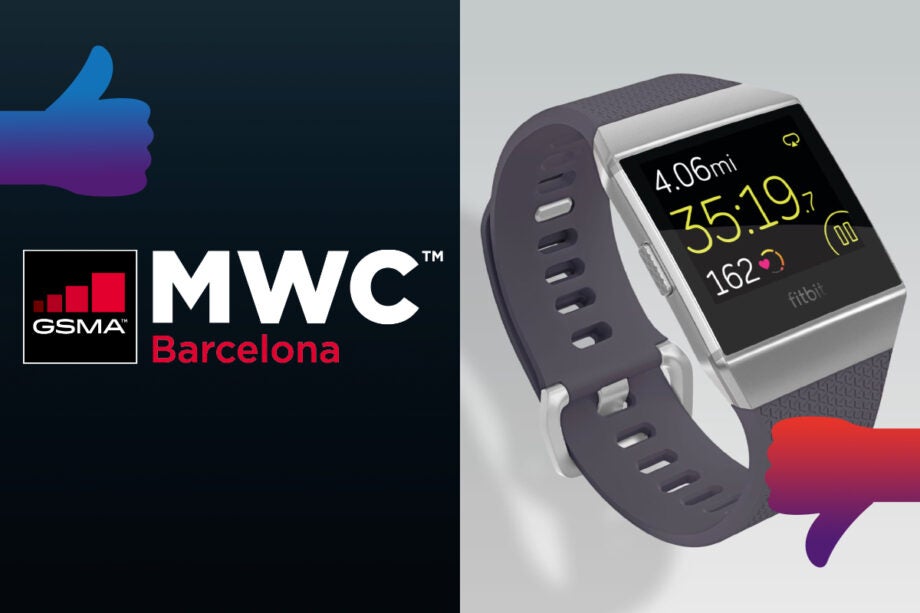
It’s the weekend, meaning its time for another edition of Trusted Reviews’ Winners and Losers.
Its been a week packed with phone, tablet and laptop launches thanks to MWC 2022, prompting us to crown the massive tech event this week’s winner.
Picking out a loser was a little trickier this week. Amazon announced that it would be shuttering the doors on 68 of its physical stores, spelling trouble for the brand’s high street business, while Samsung was found to be throttling the performance on thousands of smartphone apps.
However, it was ultimately Fitbit that earned the title of loser this week…
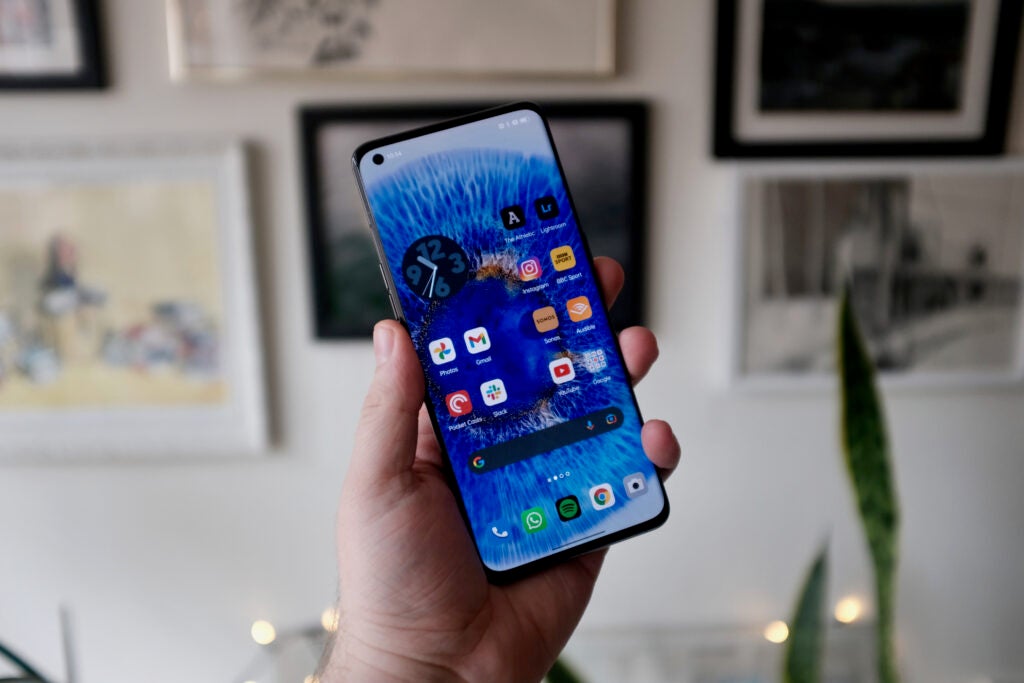
Winner: MWC
It was tough to pay attention to much else this week MWC holding its annual showcase of all things mobile in Barcelona.
So, what were the best bits from Mobile World Congress 2022?
As you might expect, there was no shortage of smartphones at the event this year. Oppo unveiled the Find X5 and X5 Pro, Realme showed off the GT2 Pro, OnePlus finally announced a European release for the 10 Pro and Honor showed off its premium Magic 4 Pro.
There were also plenty of budget handsets to get excited about, including the €299 (~£248) Poco X4 Pro 5G and the €219 (~£181) M4 Pro.
We saw a number of laptops make their debut at MWC this year. Standout devices included the Samsung Galaxy Book 2 Pro and its 2-in-1 counterpart, the Galaxy Book 2 Pro 360, the Huawei MateBook X Pro and hybrid MateBook E and the feature-packed Lenovo ThinkPad X13s.
The event also showcased Lenovo’s affordable Tab M10 Plus tablet and the Remarkable-rivalling Huawei MatePad Paper E Ink device.
For a more in-depth look at our top picks from the show, make sure to visit our guide to the best of MWC 2022.
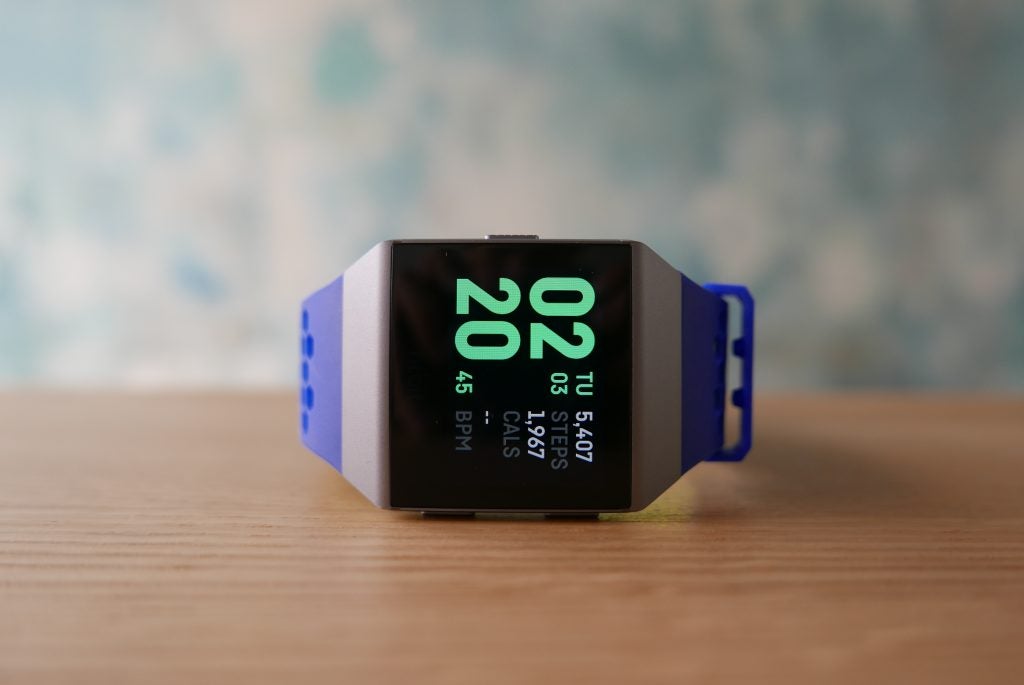
Loser: Fitbit
This week’s loser is Fitbit after the company was forced to recall hundreds of thousands of fitness trackers due to serious safety concerns.
The wearable in question is the Fitbit Ionic, which launched in 2017 and was touted at the time as Fitbit’s first proper smartwatch. Over one million watches were sold in the US alone, along with 693,000 overseas, which puts quite a few wrists at risk of injury if people are still wearing them.
The danger here lies in the lithium-ion battery powering the smartwatch, which has be found to overheat.
According to the US Consumer Product Safety Commission, Fitbit received at least 115 reports in the States and 59 reports internationally complaining that the battery was overheating. 118 of those users stated that they suffered burn injuries, with two reporting third-degree burns and four second-degree burns.
While Fitbit has maintained that these incidents are incredibly rare (occurring on less than 0.01% of units sold), this is still a pretty scary warning for anyone with an Ionic on their wrist.
Thankfully, Fitbit ended production on the Ionic back in 2020. However, that still leaves years of shoppers urged to take off the tracker and contact Fitbit for a refund. To soften the blow, the company is also offering a 40% off selected Fitbit devices to those who participate in the recall.
This isn’t the first time we’ve seen a wearable recalled over overheating concerns.
Back in 2016, Intel went through a similar dilemma when the Basis Peak activity tracker was pulled from shelves due to reports of discomfort, blistering and burning by users wearing the device.
While Intel initially hoped to resolve the issue with a software update, the company was eventually forced to recall the product in exchange for a full refund.


